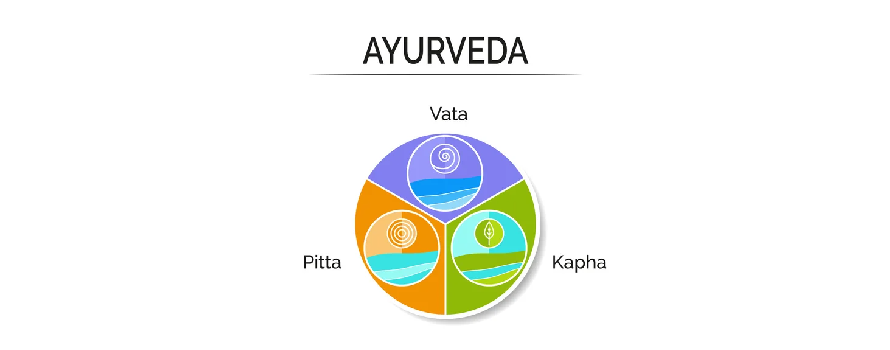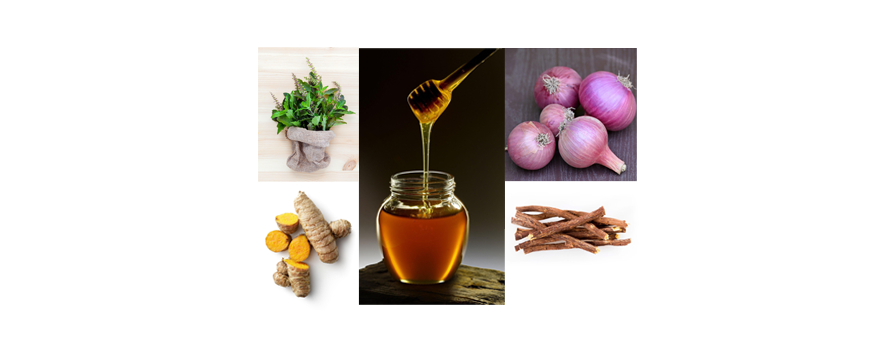Coriander, also known as
Dhania
, is a famous spice that is widely available and kept in almost all kitchen cabinets around the world. This ancient herb can be found in many Indian dishes, pickles, vegetable curries, spice blends used for tadka in sambar or dal, fresh leaves, small spherical seeds, or powdered powder. Little did we realise that these small seeds of marvel offered a variety of Ayurvedic health benefits and increased the nutritional value of the food, despite the fact that their distinctive flavour enriches the flavour of many cuisines.
Since ancient times, coriander has been a popular herb all throughout the world, from the Mediterranean basin to India and China. In Ayurveda, its fresh leaves and dried seeds are used for both culinary and therapeutic uses. According to Ayurveda, the culinary uses of coriander have a therapeutic grounding to balance the nutritional qualities of food and promote digestion. Coriander is an excellent source of vitamin C, magnesium, potassium, calcium, and iron. It also works well to reduce bad breath. Due to its numerous qualities, there are countless Ayurvedic health benefits of coriander, some of which are mentioned below:
Different coriander preparation methods and formulations work well for a range of ailments. The most common application is to enhance digestion by reducing Agni (digestive fire) without raising pitta or acidity levels. It is excellent for preventing bloating and gas.
Urinary tract infections and issues with burning urination can be effectively treated with coriander. It is a mild diuretic that strengthens the urinary system without placing an undue strain on the kidneys. Due to its diuretic properties, coriander is also effective in treating oedema and high blood pressure.
By clearing away the toxins, coriander detoxifies the body. Additionally, it purges the liver of fat and necrosis. It is helpful in treating parasites as well as bacterial, fungal, and other infections, according to studies. It has historically been used to treat paediatric common flu and eye infections.
Since coriander lowers blood glucose levels, it is useful for treating diabetes. Additionally, it decreases triglycerides and bad cholesterol. Additionally, it works well as an insect repellant as a treatment for excessive menstruation, allergies, skin difficulties, baldness, and thirst.
In conclusion, one such flavorful, inexpensive spice that offers countless advantages is coriander powder. It is commonly used to improve heart health, aid in digestion, manage diabetes and cholesterol, and prevent infections, halt hair fall, and many other things because of the goodness of the important bio-active substances. Add coriander to your diet to take advantage of the many Ayurvedic health benefits of coriander.



